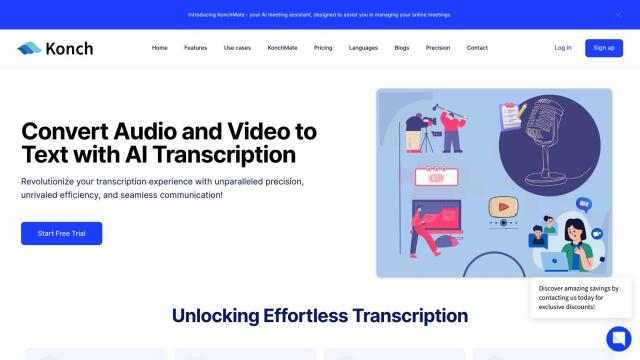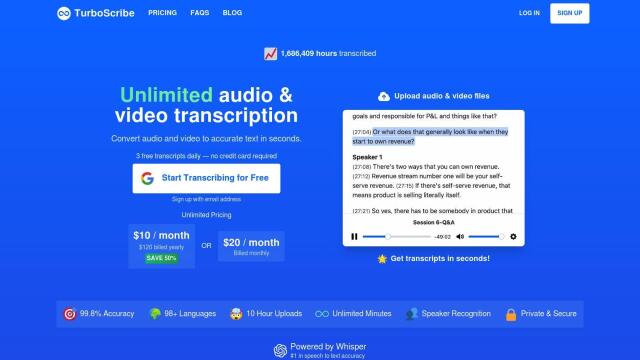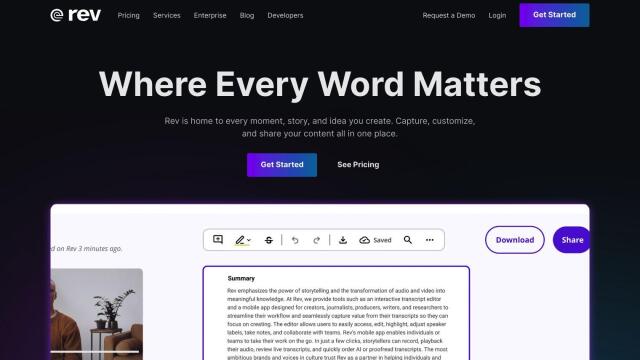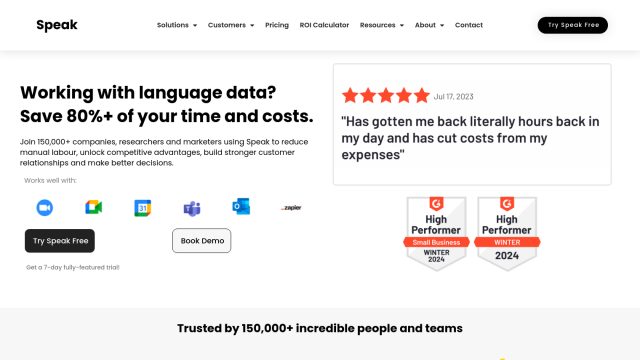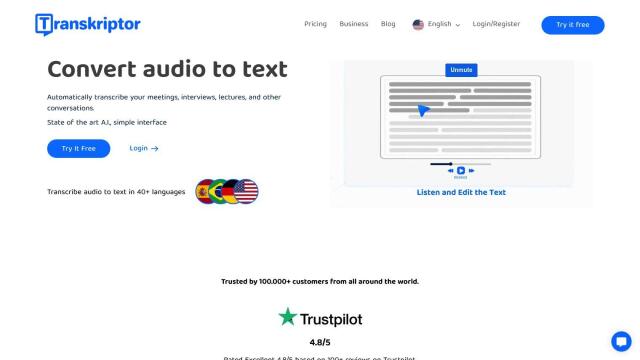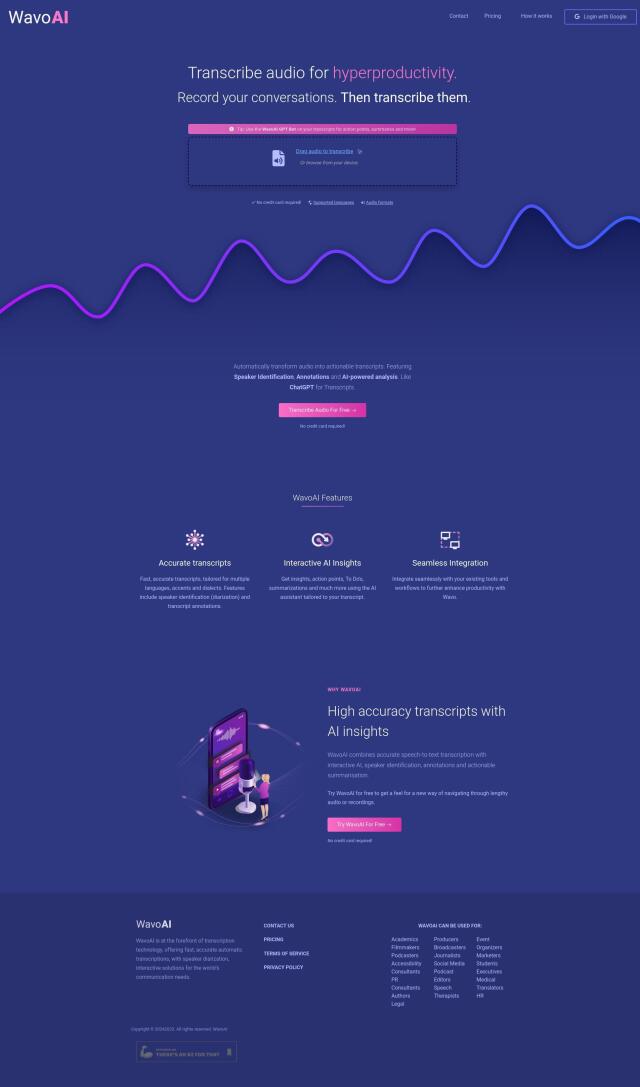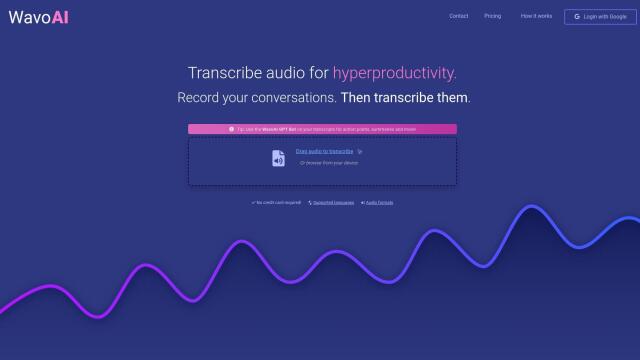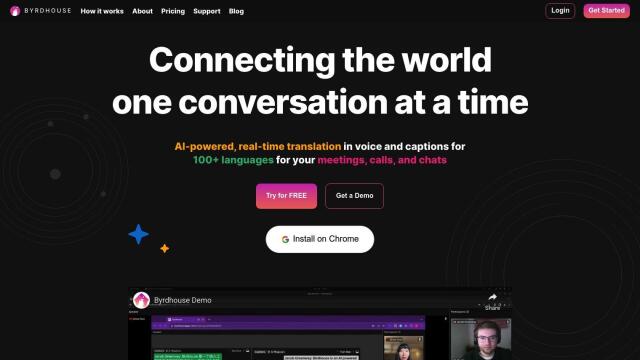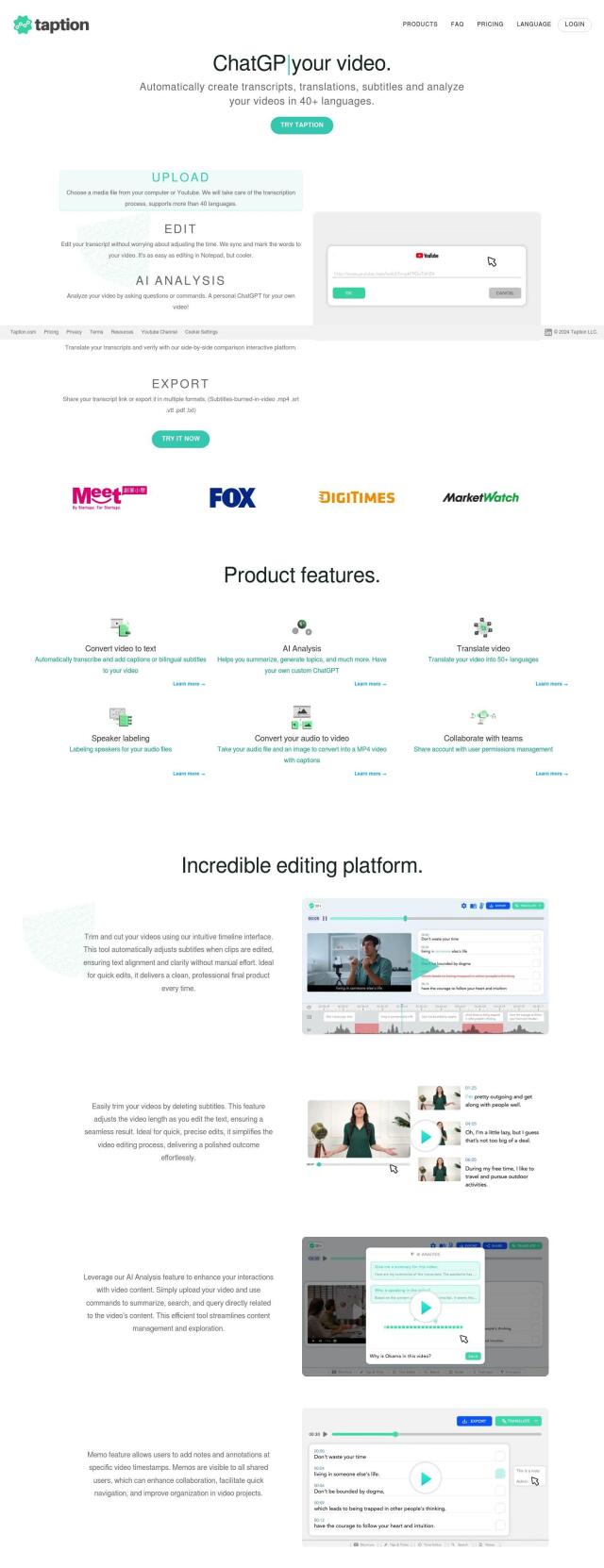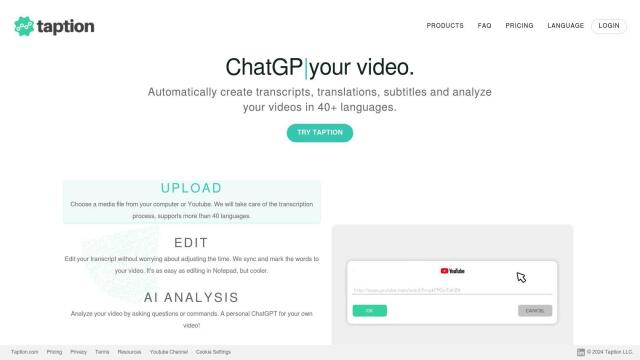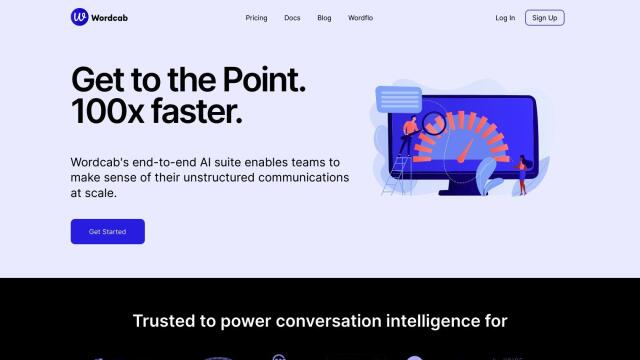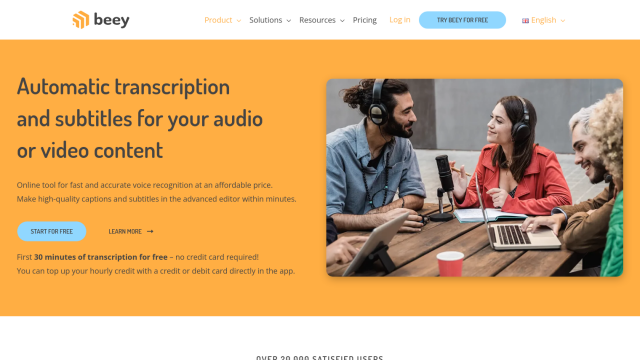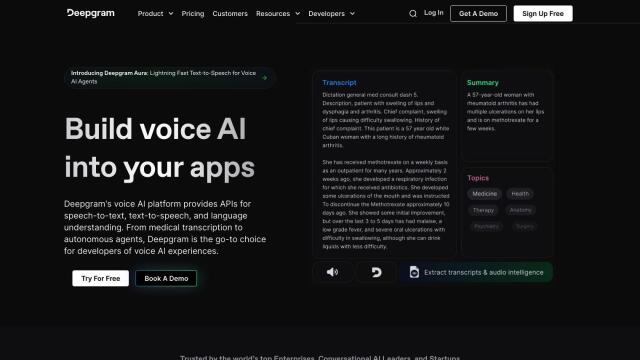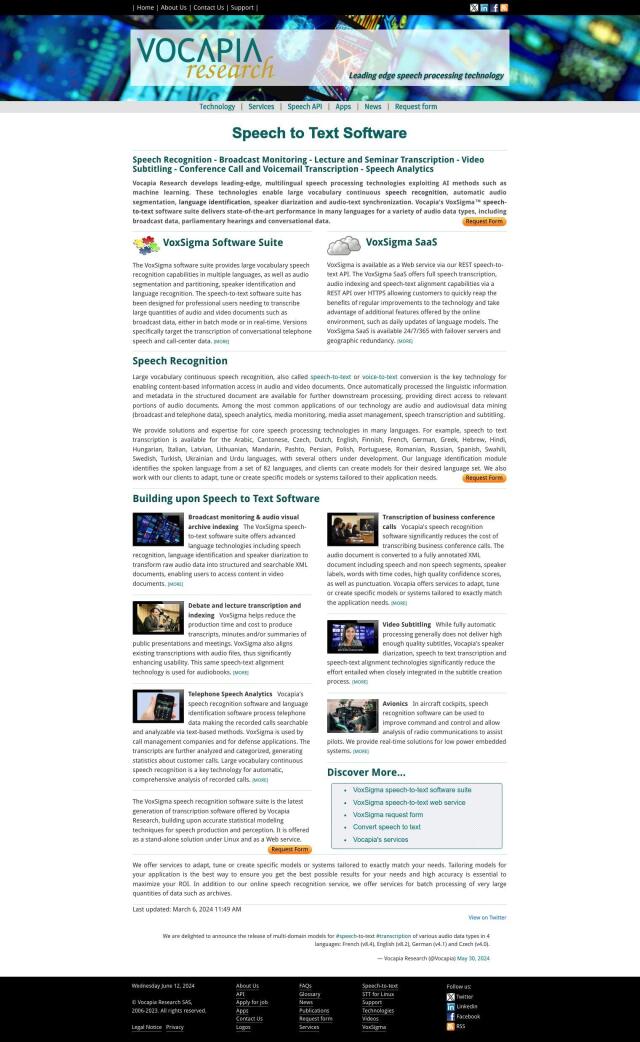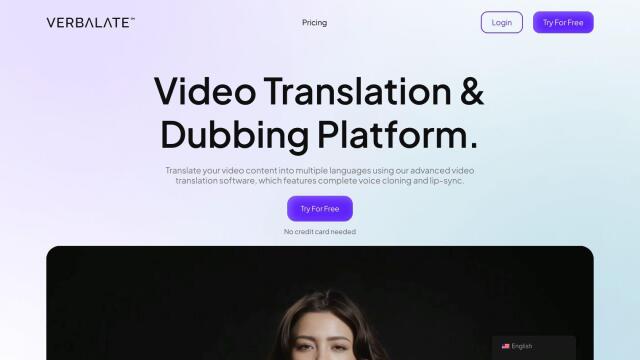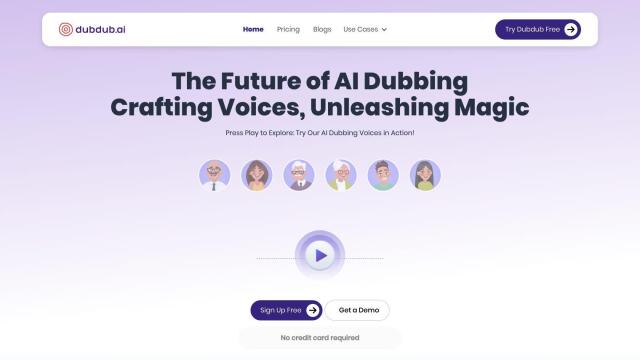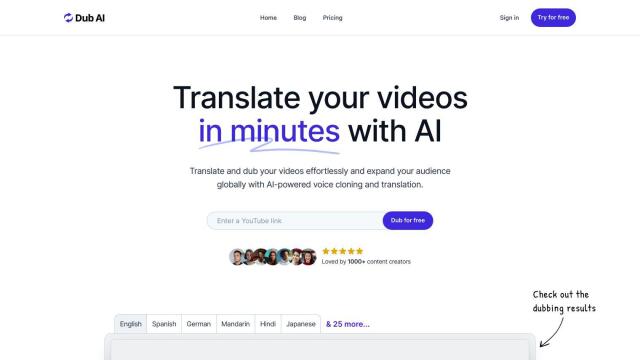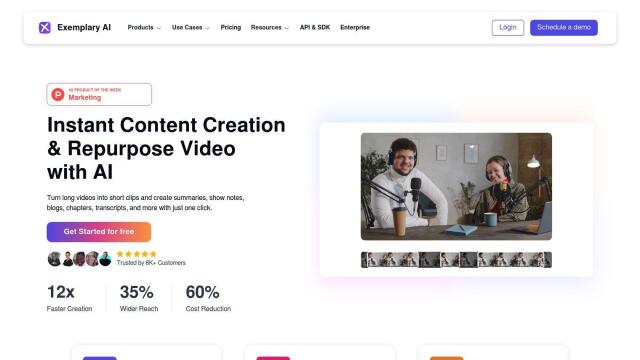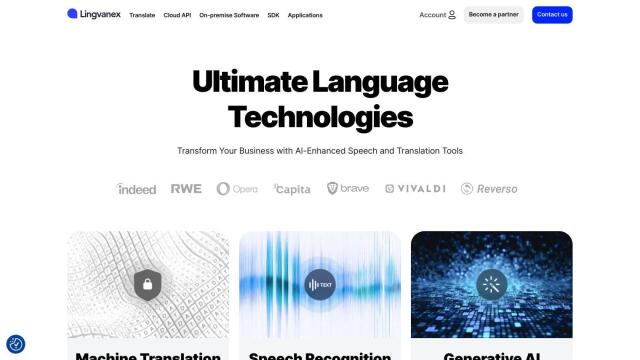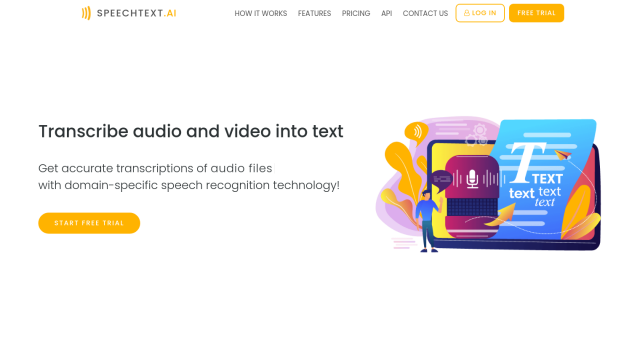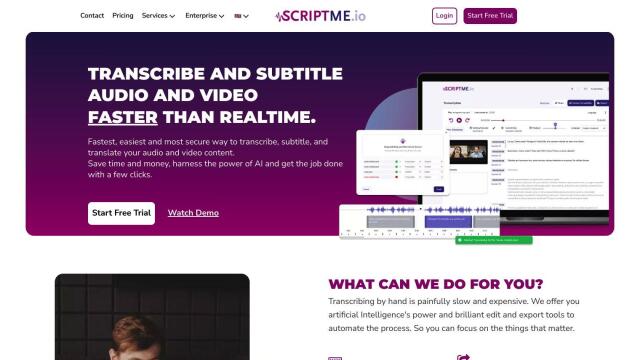Question: I'm looking for a solution that can translate my transcripts into multiple languages, do you know of any?


Gladia
For your use case, Gladia is a good option. It has a robust AI transcription API that supports multilingual speech-to-text translation in 99 languages with real-time automatic language detection. The API also supports speaker diarization, code-switching, and word-level timestamps. It offers transcription, translation, and other services like summarization and topic classification. It's designed to be easily integrated with a variety of tech stacks, so it's good for content, media, virtual meetings, workspace collaboration, and call centers.

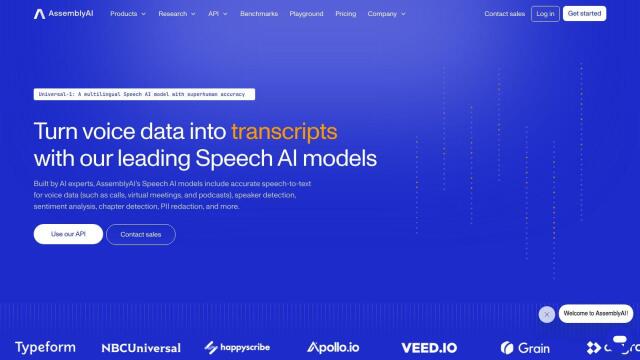
AssemblyAI
Another good option is AssemblyAI. The company offers a variety of AI models for speech-to-text transcription, speaker detection, sentiment analysis and more, all trained on 12.5 million hours of multilingual audio data. It offers flexible integration tools and supports more than 99 languages, with flexible pricing including a free tier and pay-as-you-go options. AssemblyAI is designed for companies building their own AI products using voice data, with 24/7 customer support and compliance with regulations like GDPR and PCI-DSS.

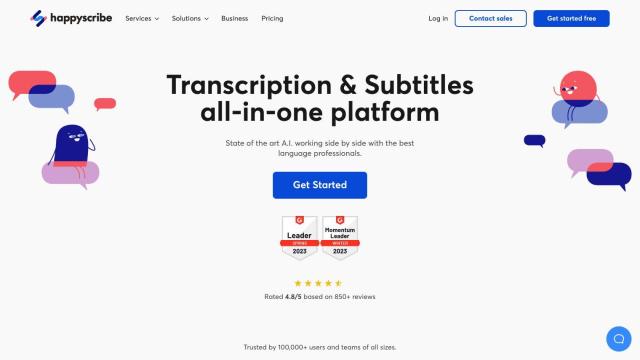
Happy Scribe
Happy Scribe is another good option, supporting more than 120 languages and 45 formats. It offers both automatic and human transcription options, with interactive editors and collaboration tools. Happy Scribe offers APIs and integration with Zapier and YouTube, making it easy to add to your workflow. It has security measures like strict contracts and NDAs, and it's popular among content creators, researchers and production companies.

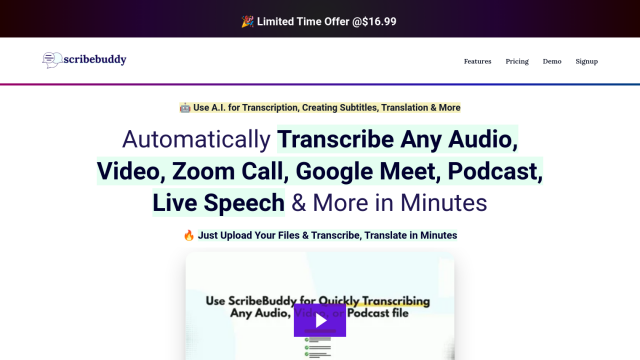
ScribeBuddy
For a free option, ScribeBuddy offers unlimited transcription with no subscription or credit card required. It supports more than 120 languages and offers AI summaries and subtitle generation. ScribeBuddy is available on iPhone, Android, Mac and Windows, so it's good for podcasting, business, education and content creation.



